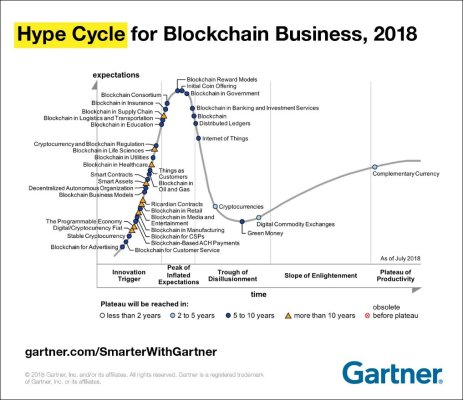Quantum Darwinism, with its pointer states, imprinted replicas, and survival of only the fittest state seems unnecessarily complex to me. For example, what happens to the less fit states? They existed a moment ago, but then went poof?
It's much simpler to consider decoherence to be the determination of specifically which world (of many nearby parallel ones) the observer shares with whatever he observed. No states, worlds, or universes, go poof, instead they all continue to exist. Thus an observer's memory reflects merely the particular path he took through the possible parallel worlds.
For more about quantum physics, I find the PBS Space Time series on youtube quite informative.
As for quantum computing scams, I'm sure some unscrupulous groups have raised money without doing or delivering much to investors. That happens with most nascent technology. However, universities plus companies like D-Wave and IBM have already built and successfully operated small quantum computers. They are actively scaling them up in size.


